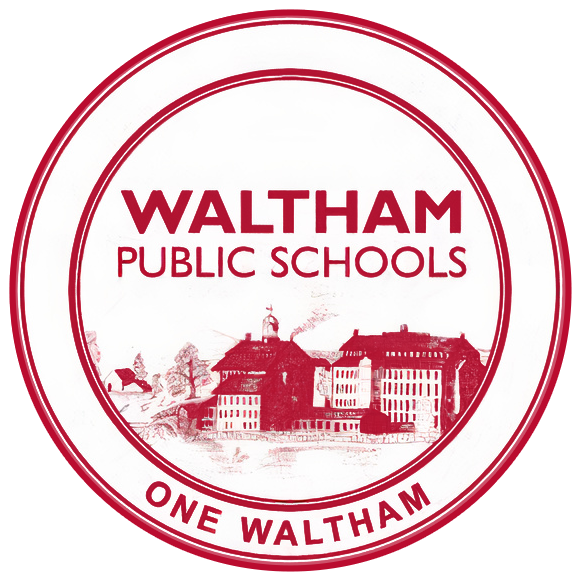Grade 9 ELA Curriculum Guide
In 9th-grade English, students will focus on the overarching theme of Archeology of the Self, inspired by the work of Columbia University professor and antiracism scholar Yolanda Sealey-Ruiz. Over the course of the year, students will be engaging critically in reading, writing, and discussion that furthers their understanding of the complexities of their own identities and the structural inequities of the world around them. In reading an assortment of prose, poetry, and nonfiction from different places and time periods, students will reflect on the influences that culture and society have on identity. Student writing will focus on text-based argument, issue-driven explanatory, and personal narrative. Highly engaging core texts range from award-winning contemporary novels to classic literature; class discussion fosters student voice and respectful academic discourse.
Unit | Timeframe | Big Ideas (Statements or Essential Questions) | Major Learning Experiences from Unit |
|---|---|---|---|
Unit 1: Archaeology of Identity | September - November |
| Students will:
|
Unit 2: Archaeology of Community & Society | November - January |
| Students will:
|
Unit 3: History | February - April |
| Students will:
|
Unit 4: Archaeology of Social Structures | April - June |
| Students will:
|
